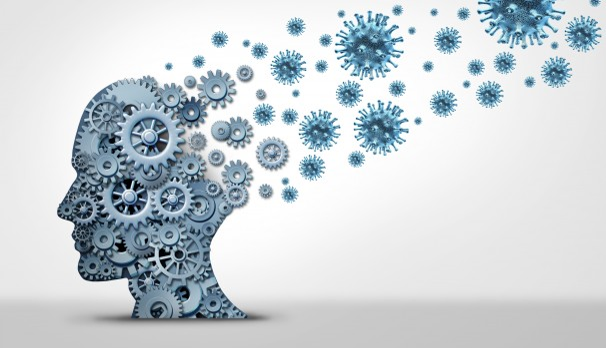Week 8 - MBA 6601 - Blog Post 1- Is AI affecting mental health?

AI has the potential to significantly impact mental health in both positive and negative ways. On the positive side, AI-powered tools and applications can improve mental health care and accessibility. For example, virtual therapists and chatbots can provide support and resources to individuals struggling with mental health issues, offering a convenient and stigma-free avenue for seeking help. AI can also assist in analyzing large datasets to identify patterns and develop more effective treatment strategies. Moreover, AI can contribute to early detection of mental health disorders by analyzing social media posts or online behavior patterns, allowing for timely interventions.
However, the increasing integration of AI in various aspects of life can also have negative effects on mental health. One concern is the potential for excessive reliance on AI for social interactions, which can lead to feelings of loneliness and disconnection. The use of social media platforms and AI-driven algorithms can create unrealistic comparisons, amplifying feelings of inadequacy and fostering a culture of constant self-comparison. Moreover, the collection and analysis of vast amounts of personal data by AI systems raise concerns about privacy and security, potentially contributing to heightened anxiety and stress.
It is crucial to recognize and address the ethical implications and potential risks associated with AI in mental health. Striking a balance between the benefits and potential harms of AI is essential to ensure its positive impact on mental health while mitigating any adverse effects.
Comments
Post a Comment